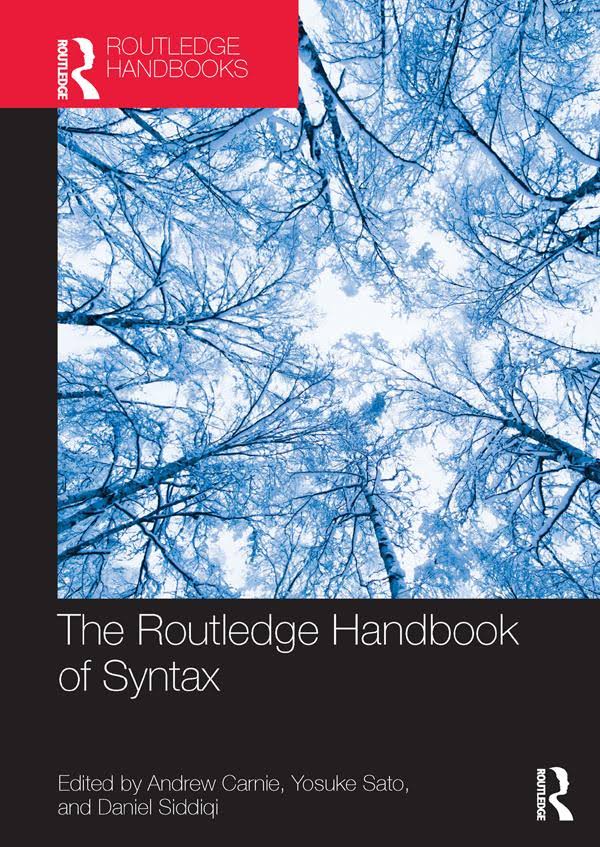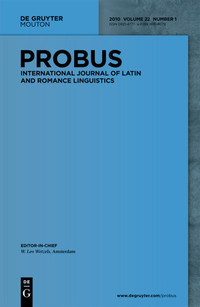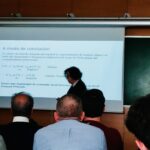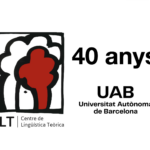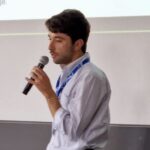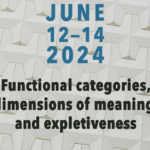Mateu & Oniga (2020). Contemporary theoretical approaches to word formation in Latin
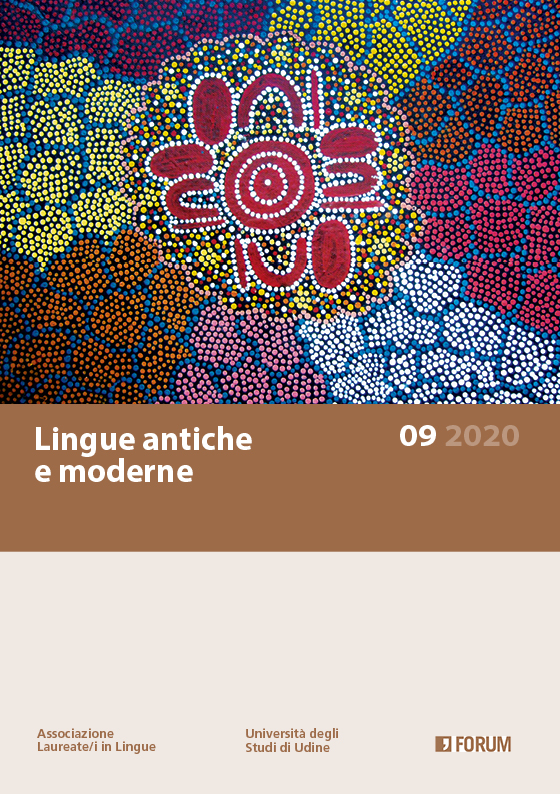
Autors:
Jaume Mateu & Renato OnigaTítol:
Lingue antiche e moderne, 9Editorial: Università degli Studi di Udine
Data de publicació: Setembre de 2020
ISBN13: 2281-4841
Més informació
Word formation in Latin is a fascinating subject that has been approached from different theoretical perspectives in recent decades. In this area there are some prominent topics that have captured the attention of various researchers.
Within the 20th International Colloquium on Latin Linguistics, held at the University of Las Palmas de Gran Canaria on 17-21 June 2019, we organized a workshop to congregate researchers who are working on word formation in Latin from different theoretical perspectives. Our goal was to begin a free and informal exchange of ideas in order to promote a fruitful cross-theoretical debate.
In this number of the journal we have collected a selection of the papers presented in the workshop. Each paper has been reviewed by two anonymous reviewers and we are very grateful to them for their efforts and help to improve the quality of the contributions. The papers offer different paths of argumentation and linguistic theorizing, which provide a substantial overview on the area of word formation in Latin today.

